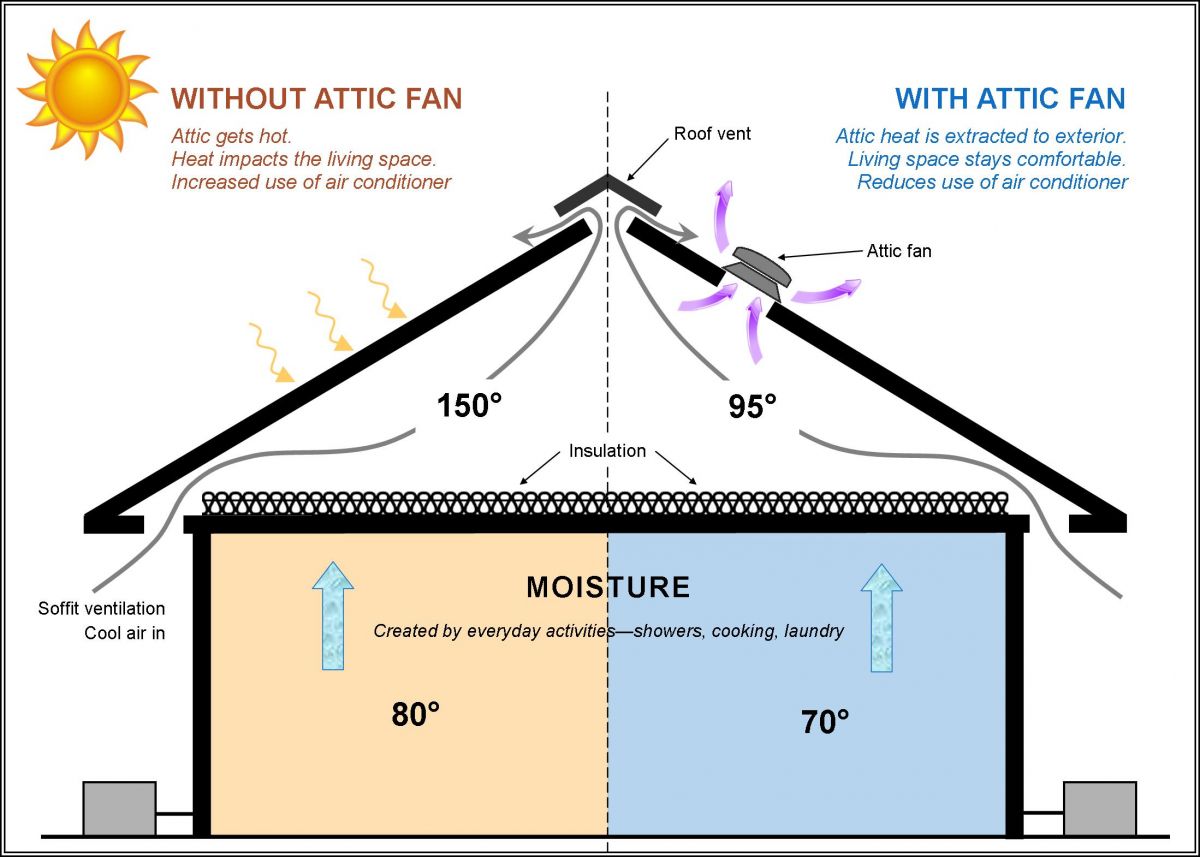This Earth Day, homeowners can help save the environment and their finances by ensuring the proper installation and service of their home comfort systems.
It is estimated that nearly half of all heating and cooling equipment in U.S. homes never performs to its advertised capacity and efficiency due to incorrect installation, which means homeowners pay higher operating costs over the life of the equipment. Older heating and cooling systems not up to current SEER , HSPF or AFUE standards waste energy, create a bigger carbon footprint, and ultimately cost you more money.
Fortunately, North American Technician Excellence (NATE), the nation's largest industry-endorsed, non-profit certification organization for heating, ventilation, air conditioning and refrigeration technicians, recommends some steps you can take to maximize your home's efficiency while also being environmentally friendly.
-- Look at your current energy bills to identify inefficiencies. Or use our
energy savings calculator to help you decide if your current system
should be replaced.
-- Purchase equipment with an ENERGY STAR(R) label. High-efficiency systems
reduce your impact on the environment and can also save you money. You
may also be eligible for a Federal Tax Credit.
-- Compare the SEER or AFUE of your cooling or heating system with newer
models. If it's below 13, you may want to consider a new, more efficient
system. Remember, the higher the rating, the less wasted energy and
reduced carbon footprint. Use our energy savings calculator to help
determine the efficiency of your current cooling or heating system as
compared to a more efficient HVAC system.
-- Look into geothermal heating systems. By using the earth's natural heat,
these systems are among the most efficient and energy-conserving heating
and cooling technologies currently available.
-- Change your air filters monthly.
-- Ceiling fans can help delay or reduce the need for air conditioning.
-- Plant more trees on your property. By doing so, the shade it gives off
will make your home feel cooler in the warmer months. In addition to
climate control, trees also improve air quality.
-- Install a programmable thermostat to keep temperatures regulated all year
long.
-- Make sure your home is properly insulated--drafty windows and doors waste
energy.
-- Have your system serviced regularly for optimal performance by an HVACR
professional. Technicians certified by North American Technician
Excellence (NATE), the nation's largest independent, nonprofit
certification body for HVACR technicians, are skilled professionals who
have proven their knowledge in the HVACR industry by passing specialized
certification tests.
For more tips, and to find a contractor who employs NATE-certified technicians near you, visit www.hvacradvice.com or call 877-420-NATE.
wsj




